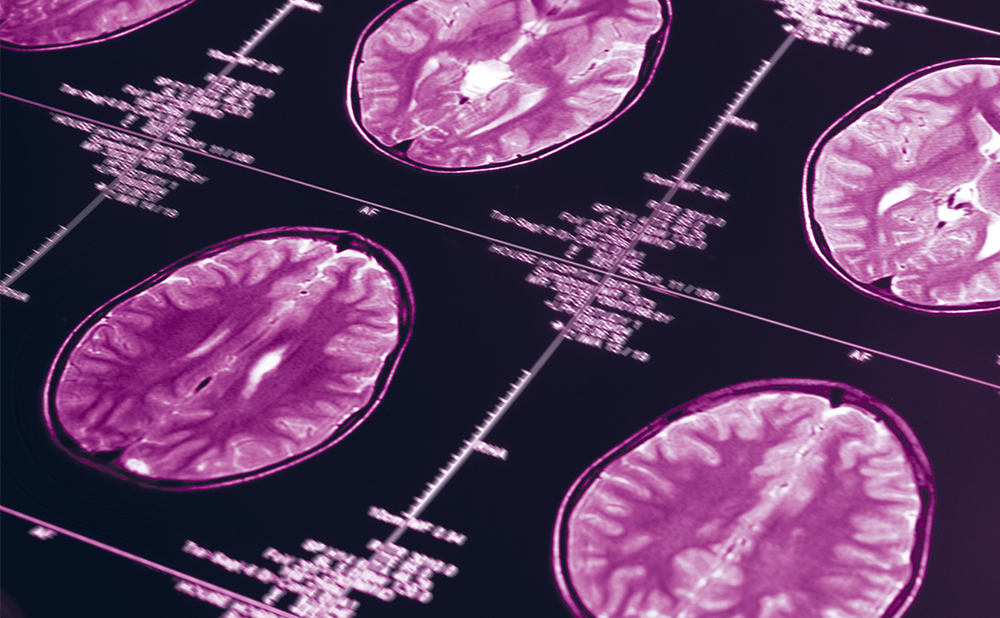Even though major disasters have always been with us, only relatively recently has scientific research involved large-scale systematic investigation into psychiatric matters of affected populations to inform disaster interventions. Therefore, for decades psychiatrists in the disaster setting had to rely on their general wisdom and instincts, anecdotal experiences of others, and a mythology of disaster mental health in place of scientific knowledge. Today’s disaster psychiatrist has the advantage of accumulated knowledge of psychiatric problems in the disaster setting from research directly addressing survivor populations. Empirically based principles have emerged from this work to guide post-disaster interventions in the field.1,2 Advance knowledge of this information is invaluable to the professional called upon to help those affected by a disaster in his or her community.
Empirically Derived Principles of Disaster Psychiatry
he most immediate questions facing the psychiatric professional in the disaster setting are:
- What kind of psychiatric problems can be expected to develop after the disaster?
- How prevalent will those problems be?
- Who is most likely to develop psychopathology after a disaster?
- What is the time course of these problems? and
- What are the best ways of assessing and managing these problems?
The following discussion will draw on the wisdom of empirical research to review established principles of disaster psychiatry, with the aim of providing psychiatric consultants with information to prepare them when they are called to address post-disaster psychiatric problems confronting affected populations.
Principle 1–People Are Surprisingly Resilient, in Contrast to Predictions of Dire Psychological Consequences Arising from Popular Assumptions
Simply being exposed to an extremely traumatic event does not automatically condemn the survivor to psychiatric illness. Research has repeatedly demonstrated that even though post-traumatic symptoms are nearly universal after disasters, most people do not develop psychiatric disorders, even after the most extreme traumatic events.3-7 Even survivors directly exposed to the Oklahoma City bombing demonstrated impressive psychological resilience, with fewer than half experiencing any psychiatric disorder, and only one-third developing post-traumatic stress disorder (PTSD) after the bombing.3
To view full article click here













